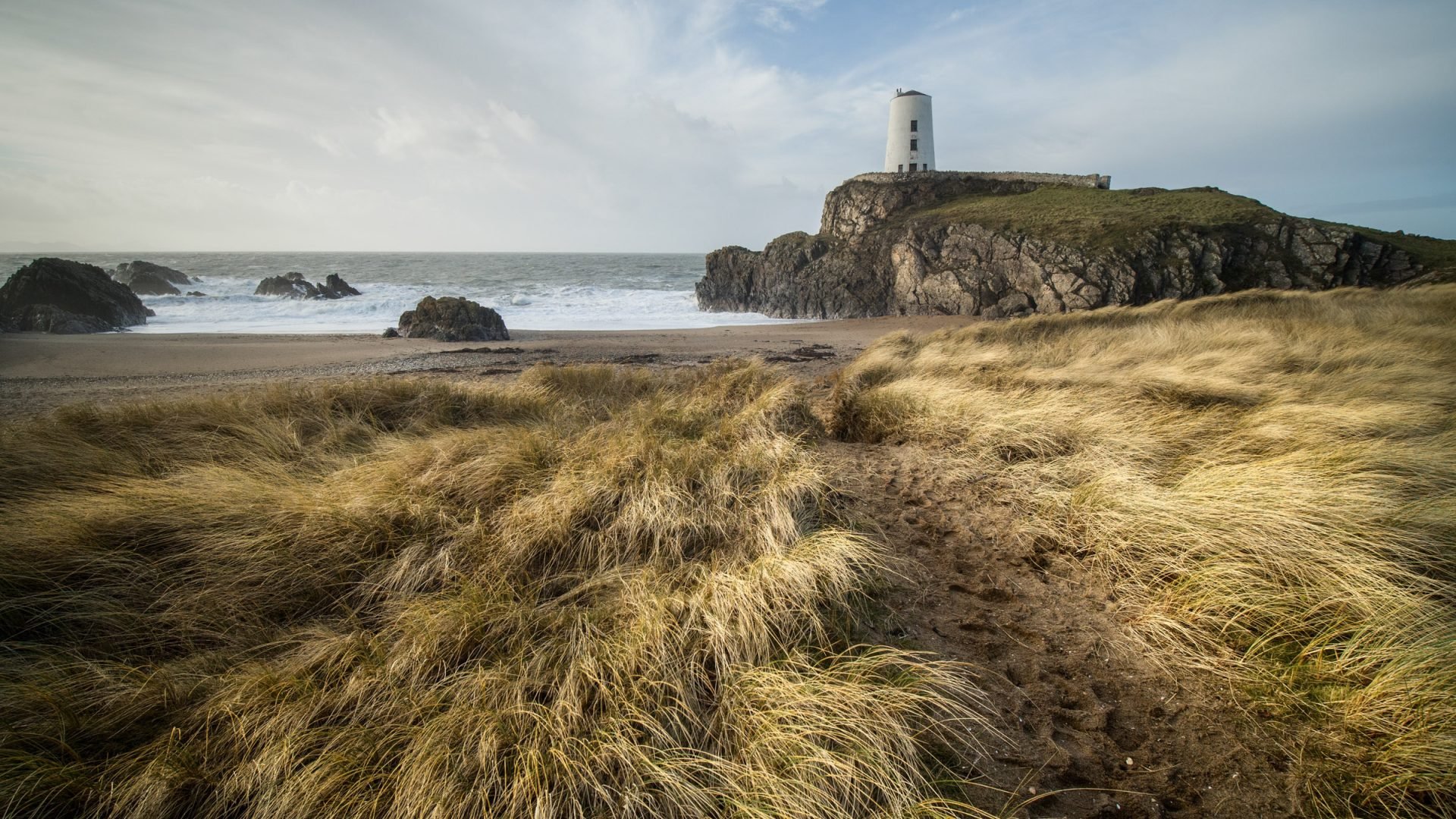


You’ll often hear landscape photographers talk about “connecting with the landscape”. But what does this mean? How do we know if we have a meaningful emotional connection with the landscape? I’ve created a series of questions to use as a compass point and help me decide.
About seven years ago, I remember visiting the famous lone tree on Llyn Padarn near Llanberis. I knew the composition I was after: I had seen many examples from other photographers (I’m sure you have too).
Two contrasting stories
I dashed from the car park, hoping the location was empty of other people, and placed my tripod in the exact spot where so many tripods had been placed in the past. I made no attempt to explore the location or look around. I nailed the familiar composition (the picture I had seen so often before), quickly fired off some shots and headed back to the car.


Olympus EM-5 Mk 2 with Laowa Compact Dreamer 7.5mm f/2 lens. f/8, 60sec, ISO 100. 10-stop ND filter.
In complete contrast, a few days after I photographed the lone tree at Llyn Padarn, I went to Llandwyn Island on Anglesey. This is another honey pot location for photographers. But this is not a place to rush. In many ways, my experience of being on Llandwyn Island was more important to me than the photographs I returned with. I felt in a state of flow, with photographic compositions coming instinctively.


Olympus EM-5 Mk 2 with Laowa Compact Dreamer 7.5mm f/2 lens. f/8, 1/125sec, ISO 250.
The importance of emotional connection
Virtually all great landscape photographers argue that an emotional connection to the landscape is crucial to creating meaningful photographs. For example, in his introduction to Joe Cornish’s book, ‘First Light’, Charlie Waite writes, “In landscape photography, technical competence is not enough. Too often, photographers fail to convey to their audience the emotional impact of the landscape that inspired them to take the picture in the first place.”
But what does it mean to connect with a landscape? The phrase seems vague, imprecise, even a little transcendental. How do I know if I have an emotional connection with the landscape? Is there anything practical I can do to have more experiences like Llandwyn Island and fewer experiences like Llyn Padarn?


Olympus EM-1 Mk 2 with Olympus 12-40mm f/2.8 lens. f/8, 13sec, ISO 200. 10 stop ND filter.
A set of questions for self-reflection
Reflecting on other landscape photography trips, I came up with a set of questions I could use as indicators. I use these questions for self-reflection, but they may also help you assess your own connection with the landscape.
- Was the experience of being in the landscape at least as important as the images I captured?
- Did I spend time exploring the landscape before taking photographs?
- Did I experience a sense of awe, inspiration, or tranquillity?
- Did I pay attention to the way changes in the light and the weather affected the mood of the landscape?
- Was I fully present, with heightened sensory awareness of the environment?
- Did I lose track of time when capturing images, with ideas and compositions coming naturally?
- Did I approach the shoot with the intention of understanding the history of the location (e.g. its geology, its flora and fauna, the people that have lived or worked there)?
- Did I consider the impact of my photography on the landscape and behave considerately and ethically (e.g. leave no trace, pick up litter, avoid trampling plants and disturbing wildlife)?
- Did I find unique views of the landscape and avoid just replicating pictures taken by other people?
- Are my photographs of the landscape consistent with the emotional and visual connection I felt?
This is a high bar, and it would be a legendary photography outing if you could answer all of these questions in the affirmative. But when I think back to my Llyn Padarn shoot, at best, I could say Yes to just one question. In contrast, for my trip to Llandwyn Island, I could probably answer Yes to six or seven.


Olympus EM-1 Mk 2 with Olympus 40-150mm f/2.8 lens. f/6.3, 1/200sec, ISO 800.
Does connecting with the landscape create better photographs?
One issue that I’ve not addressed is whether connecting with the landscape really makes your photographs any better. Objectively, when other people look at my images, I’m not sure they can identify which ones were a result of connecting with the landscape and which ones were a result of me rocking up with my camera and getting lucky.
For example, would you know if I told you that I connected with Llyn Padarn but not with Llandwyn Island (i.e. that my experiences were reversed)? Could you tell from the images alone? I’m not sure it’s evident in the single image (though it might be in a panel, where it would be harder to hide the lack of connection).


OM Systems OM-1 with Olympus 12-40mm f/2.8 lens. f/6.3, 1/4sec, ISO 200.
Catching fish
Although images where I “connected” may or may not be objectively better, there is one point I know for sure: those images feel more important to me. Those images are the ones I’m most proud of, the images that I enjoy showing people, the images that come with a meaningful story about the experience.
Should I return from a landscape trip and find that my memory card is corrupted, was the trip a waste of time? I think of it like a fisherman who throws back his catch. It’s not about catching fish but about the experience of fishing.
I would obviously be disappointed if I lost my images. But I’d sooner have the experience without the photograph than the photograph without the experience.


OM Systems OM-1 with Leica 9mm f/1.7 lens. f/8, 1/100sec, ISO 200.





